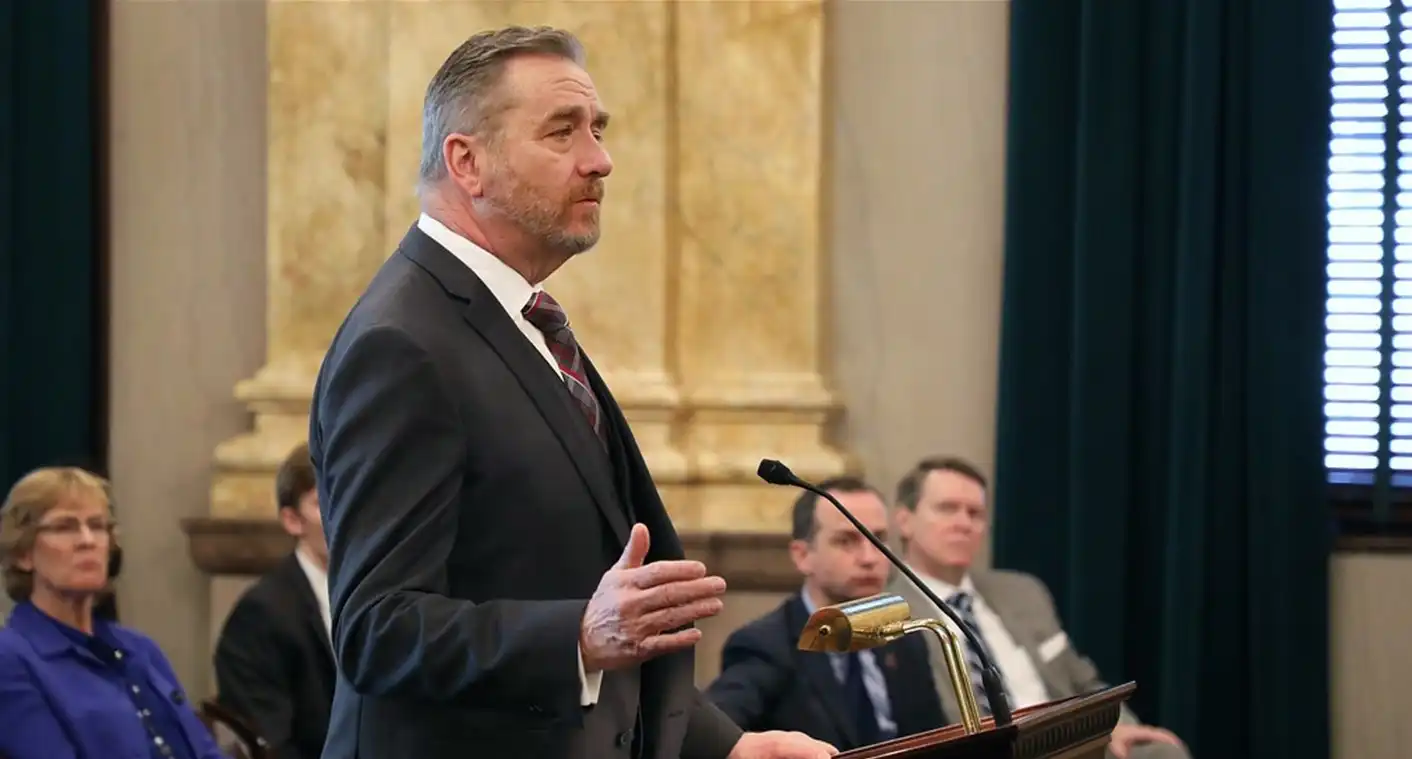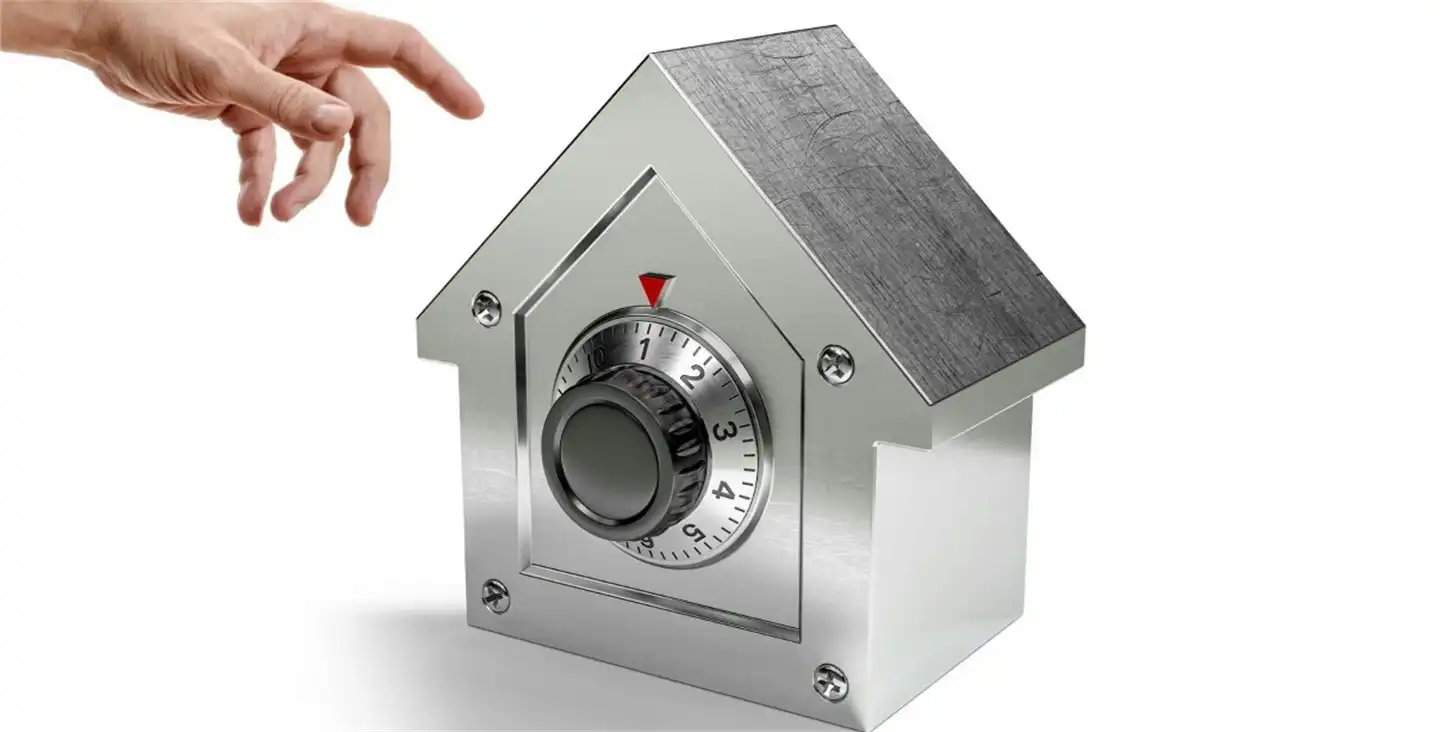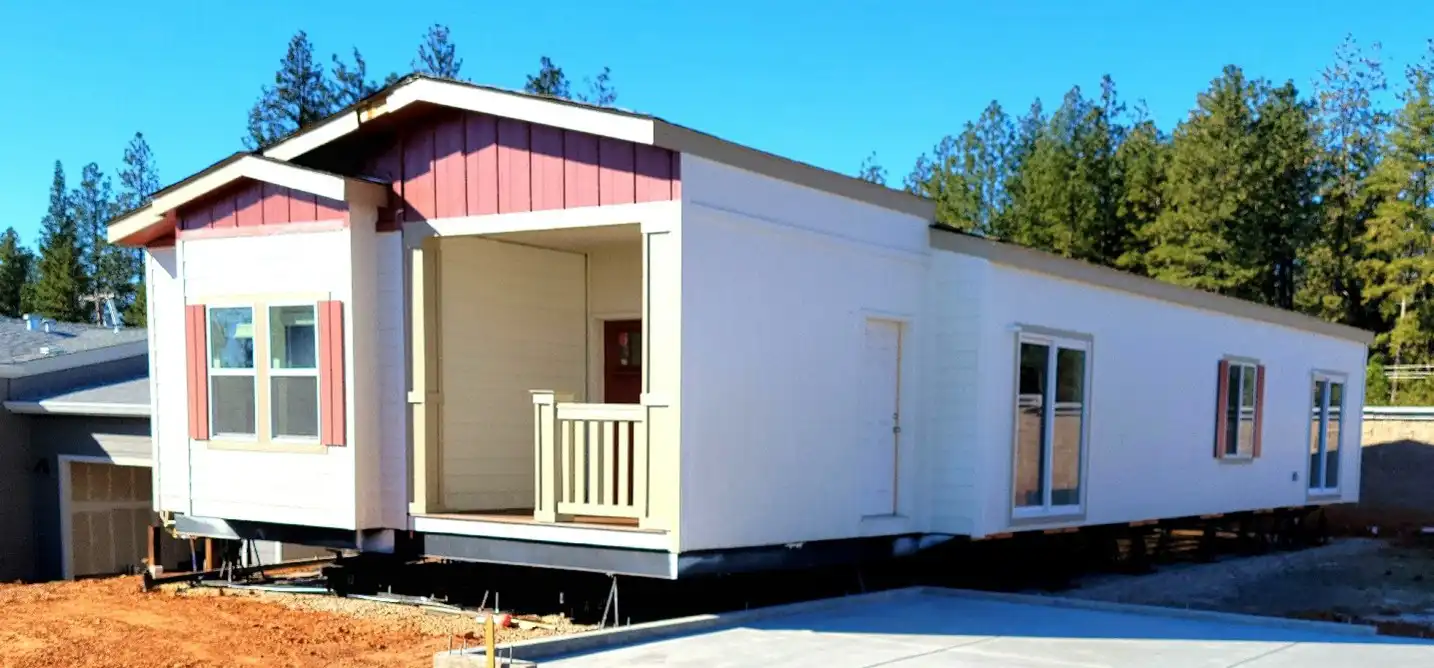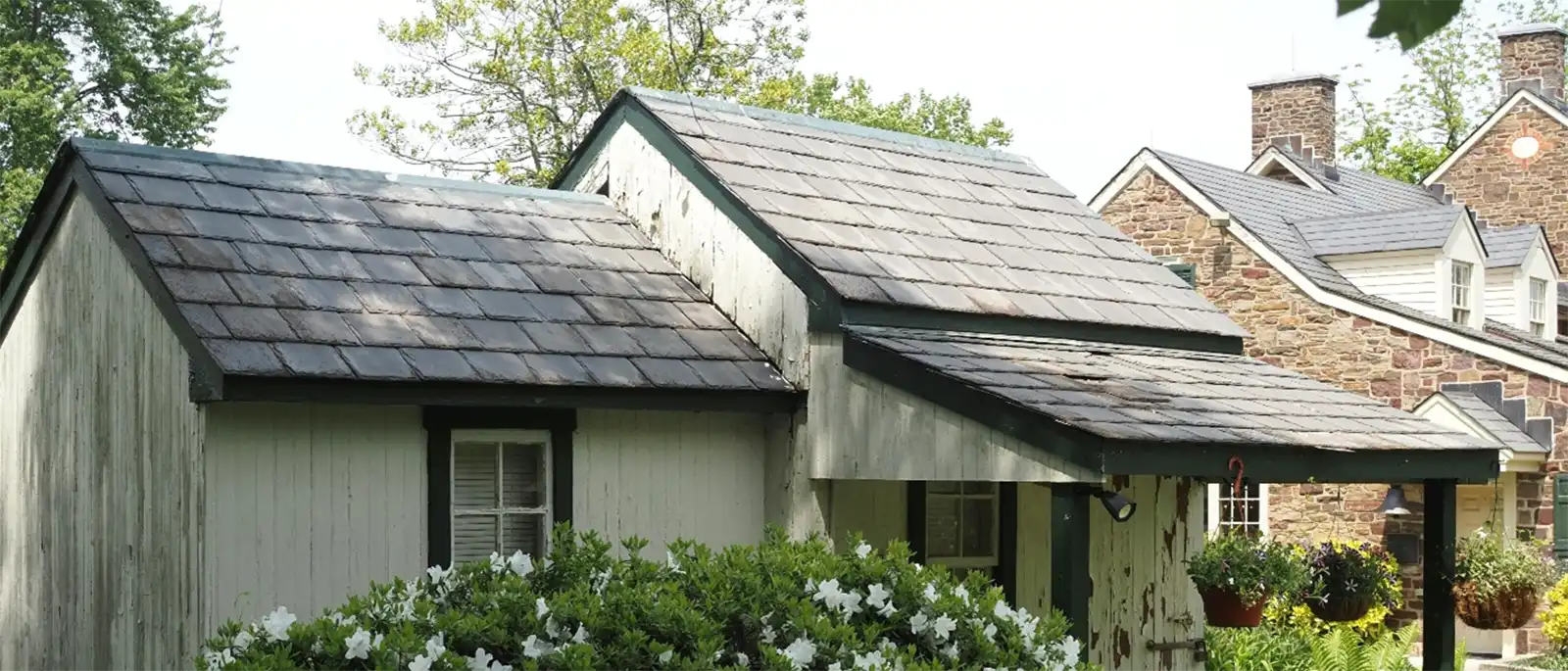
Real Estate Deeds Made Easy Since 1997 – Deeds.com
-

Ohio lawmakers are debating a bill that could restrict non-citizens, including green card holders, from purchasing land in large segments of Ohio. It would be the most severe law of its kind.
-

Millions of Dollars Pilfered From the Pockets of Ohio Families, Says Suit Against Top Mortgage Company
There’s a case pending in Montgomery County, Ohio that will either startle or sadden everyone who cares about people struggling to buy homes. At this time, everything discussed here is alleged. The case has yet to be decided. Ohio Attorney…
-

Social Capital: What’s the Deal With Senior Co-ops?
Many people talk about living in a retirement community at some point in their post-retirement journey. But what’s out there for middle-income seniors who (a) aren’t positioned to pay a fortune for housing, and (b) don’t need constant nursing care?…
-

Setting the Example: Bergen County Migrates 370,000 NJ Deeds to the Blockchain
Bergen County, New Jersey has jumped on the blockchain train. The county is digitizing all of its property records. The County Clerk has inked a five-year contract with Balcony Technology Group, a blockchain-focused records company based in New Jersey. …
-

Quitclaim Deed Fraud Spikes, Prompting Boston FBI Action and a New Law in Maine
In the real estate world, people continue to talk about an alert published by the Boston Division of the Federal Bureau of Investigation. Its April alert flagged a spike in the improper use of quitclaim deeds. Why the spike? Certainly…
-

Time to Make Financing a Manufactured Home Easier. Meanwhile, What a Difference Holding the Deed Makes!
Manufactured housing — and this includes mobile homes — make up a key segment of financially accessible housing. Today, 18 million people have roofs overhead thanks to manufactured homes. Most own them. Most are deed holders who took out mortgages…
-

Married, and Not on the Deed. What Are My Rights?
Sometimes, only one spouse is named on the deed. This can be because one person already owned the home before marriage, or because one spouse inherited a deed. Or perhaps there are financial or tax advantages to having only one…
-

Will Pennsylvania Criminalize Deed Theft?
Deed fraud, or deed theft, is the improper transfer of property ownership by deceit. In most states, it’s a very rare incident. But when it happens, it’s devastating. State criminal laws do generally deal with theft, forgery, and fraud. And…
-

Racially Restrictive Covenants: Island County, WA Recommends New Resolution
Leaders in Island County, in Washington State, hope to adopt a resolution for atonement. The resolution will officially apologize to those people and households kept out of the county by race-based deed restrictions. A deed restriction that “runs with the…
-

Will NAR’s Speech Code Be Shot Down in Texas?
Recently, a notable opinion column ran in Real Estate News. Ryan Weyandt, a real estate consultant, wrote: “There’s no place for hate speech in real estate.” That’s also the view of the National Association of REALTORS® (NAR), which in 2020…
-

Say It Ain’t So: A Pennsylvania Notary, Stealing Deeds?
The point of having a deed notarized is to ensure its legitimacy. Or so most people would think. A notary public is appointed by the state to witness the signing of legally significant papers, including deeds used to transfer home…
-

Quitclaim Deeds and Senior Homeowners: Convenience with Caution
When someone wants to know which kind of document makes it easy to pass real estate ownership, the quitclaim deed comes to mind. Convenient? You bet. And quite often, this convenient document is the senior’s deed of choice. This is…
-

Seniors Make Moves to Beat the Rush for Retirement Housing
And here they come… The most senior boomers will celebrate their 80th birthdays within a year. Seniors typically move to retirement living in their mid-80s. Droves of seniors will soon approach that milestone. Can the current system of retirement living…














